EL PASO – In 1918, on the eleventh day of the eleventh month at the eleventh hour, fighting ceased in World War I. This particular war was designated “the war to end all wars.” That particular November day has eventually become what we know as Veteran’s Day; it is not the day that all war ended. We may no longer be able to remember Washington or Lincoln’s birthday, but this date is unmistakable; today is this day.
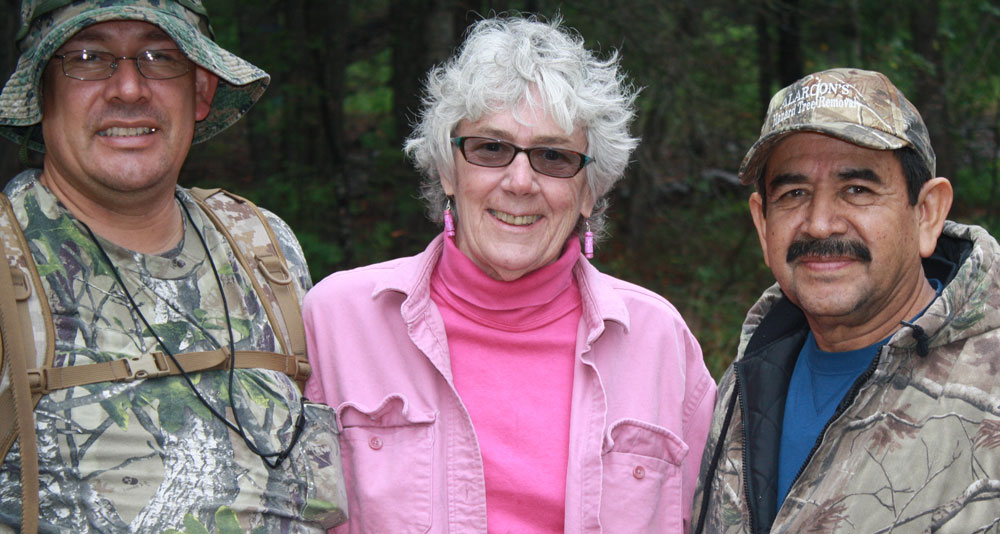
Michael Romero, Cheryl Howard, Ernesto Alarcón. (Cheryl Howard/Borderzine.com)
My personal belief is that we have had thousands of years of “civilization,” enough to teach us ways to solve our differences in more “civilized” ways. Perhaps we have not learned so much from our past as we think we have. Nevertheless, we keep sending young men and now women to represent our government’s official positions at home and abroad. Those official positions are clothed in patriotic rhetoric, but sometimes we can see the slip of opportunism or greed showing.
We know that yesterday’s enemies may be today’s friends. How else do we explain our current close associations with Japan, Germany, and Italy, the troika of the original “axis of evil” of WWII. And today’s enemies…? Likewise, some behaviors may be essential for survival on the battlefield, but horrifying to witness in any other context. What’s a drill sergeant to do? Soldiers are made, not born. If he doesn’t teach the kid to kill, he will be killed.
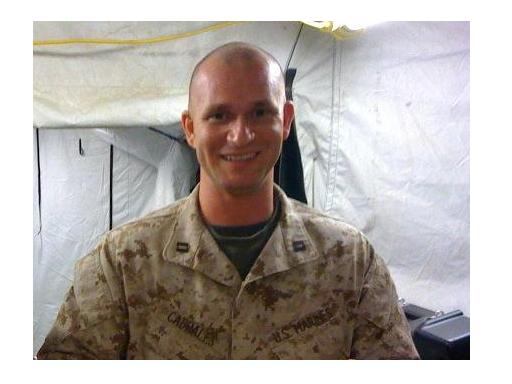
Captain Armando Cabrales, U.S. Marine. (Courtesy of Armando Cabrales)
War is also about mistakes. Alfred Lord Tennyson wrote: “Not tho’ the soldier knew/ Someone had blunder’d./ Theirs not to make reply./ Theirs not to reason why./ Theirs but to do and die.” Many of my generation believe that the Vietnam War was a mistake, and many of the soldiers returning from that war had to live with, and suffer from, that judgment. Our mistake was to think that anyone who wore the uniform agreed with the policy, a dumb mistake, especially when soldiers were still drafted.
I am not here today to speak of the heroism of the dead; let someone else lay the wreath at the tomb. Nor will the question of the necessity or futility of war, all or any, be settled here. I am here to honor the heroism of the living: the Marine and his wife, even his ex-wife; the soldier and her children; the fathers and mothers, cousins, aunts and uncles; the doctors and nurses and secretaries and ministers; the ties that connect all of us across countries and generations and the names of wars.
Those of us who have felt the vibrations or reverberations of war know only that the enduring bonds and allegiances are between soldiers and families, not governments. Whether we have waited through or waded through war, there is a band of brothers (and sisters), and they are the ones with whom we can laugh, cry, and remember, the ones we trust. I want to show you the faces of three former students I am honored to know. All three love their children with a fierceness that you notice. Two are Marines, one active duty. You know the saying: once a Marine… The third is the wife of a veteran.
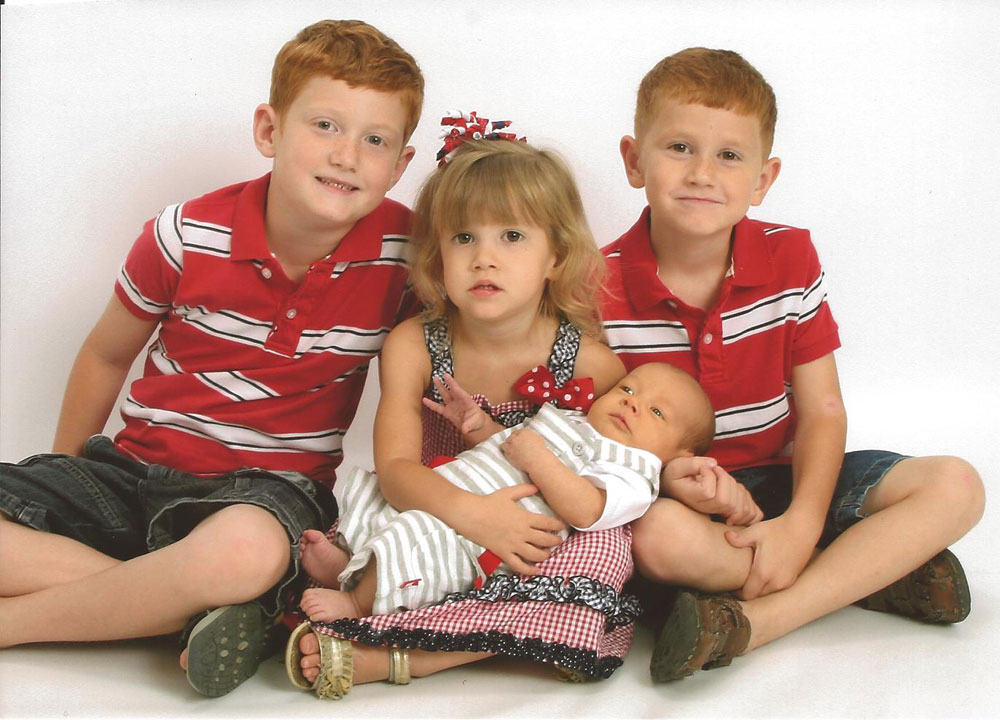
"The Final Four". (Courtesy of Armando Cabrales)
Armando Cabrales sat in my classroom close to 15 years ago, usually a little late or a little sleepy, or both. He was a smart kid, but a bit of a slacker; more than one woman had a crush on him. He became a Marine after he graduated. We stayed in touch. I e-mail him more often when he is deployed and recommend books. We last had breakfast at Lucy’s a couple of years ago when he was transferred from the west to the east coast. I met his wife before that, at Casa Jurado in Kern Place, back when they only had one child. They have four now. Captain Cabrales tells me it’s the final four.
Michael Romero took a couple of my classes in the years just before I retired. He was always on time, prepared, respectful, and sat in the same seat in the first row of desks nearest the door. He was a Marine before he came to UTEP. One day he asked if he could make an announcement in class; I said sure. He wanted to tell students that he was leading a hike in the Sacramento Mountains near Cloudcroft. After class I asked him about the hike and found out he grew up in Cloudcroft, and we both discovered I had gone to school with his Uncle Ernie, also a Marine, as is Michael’s son. I got reacquainted with Ernesto and met some of the rest of the family at a Labor Day reunion at a campground in Cloudcroft this year.
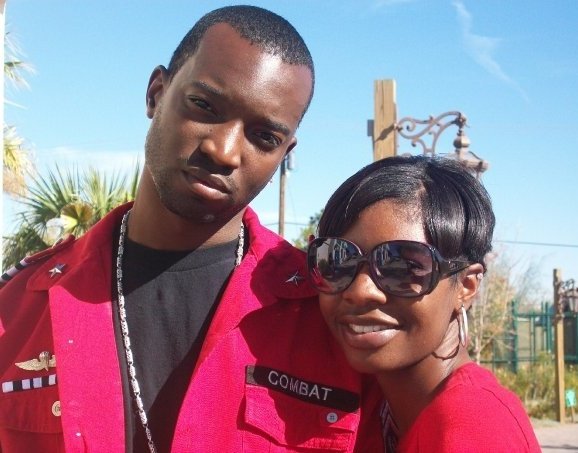
Kindra Williams and husband. (Courtesy of Kindra Williams)
Kindra Williams was a military wife in her early twenties. She was trying to finish her degree with a young son and deployed husband, away from familial support. Hubby had been deployed despite a diagnosis of PTSD from a previous deployment; he came home with TBI (traumatic brain injury) on top of that, and was finally discharged from the military. Kindra is home in South Carolina now, with her family, her husband and a second child. I don’t think she graduated. I had many students like her, some who attended more than five universities and still working on a degree. There have also been discharged and damaged soldiers trying to put their lives back together again in my classrooms.
My father enlisted in World War II. My first husband was drafted and sent to Vietnam. My best friend was a conscientious objector who went to Vietnam as a medic. A boss’s husband was MIA from the Korean War. I learned that no one who witnesses war is unwounded. We may have different names for their wounds or different opinions about their wars. None of that matters. Whether the wound heals, whether it leaves a nasty scar or one that’s barely noticeable is up to us. Whatever we can do to help them and their families, we should do it always, faithfully. Semper Fi isn’t just for Marines, as all of us are “knee deep in the big muddy.” (Pete Seegar)
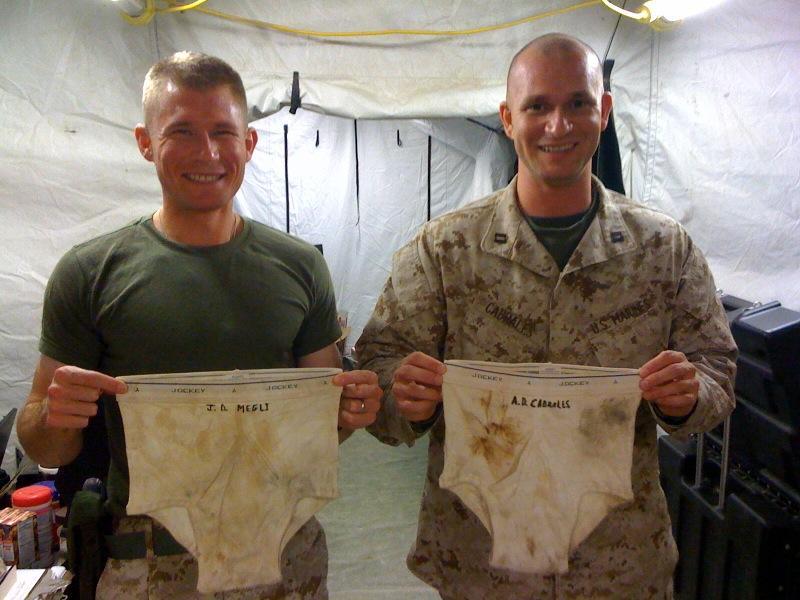
"Waist deep in the deep muddy". (Courtesy of Armando Cabrales)

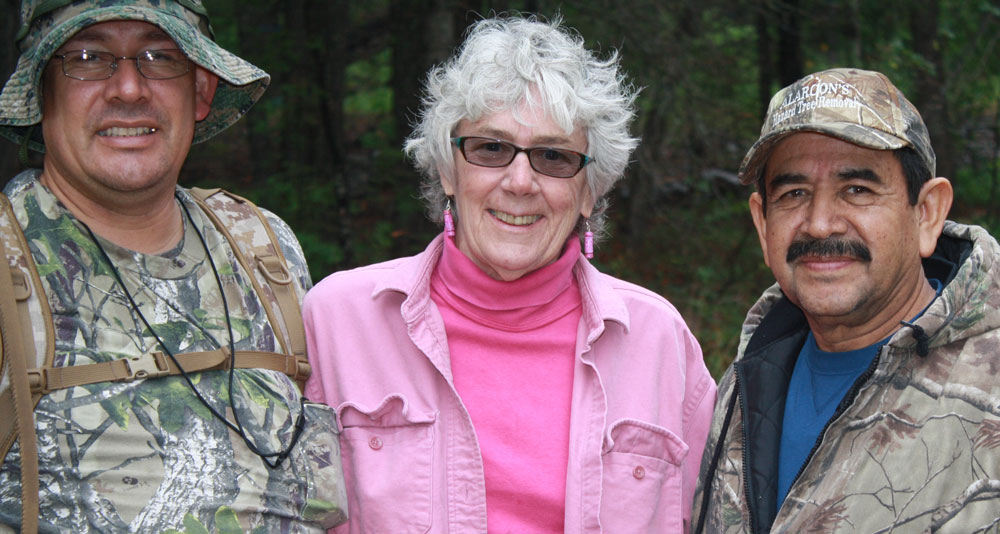

Thank you, Cheryl, for putting a human face on veteran’s day. Proud of these UTEP alum and vets and all they have given and are giving to our country.